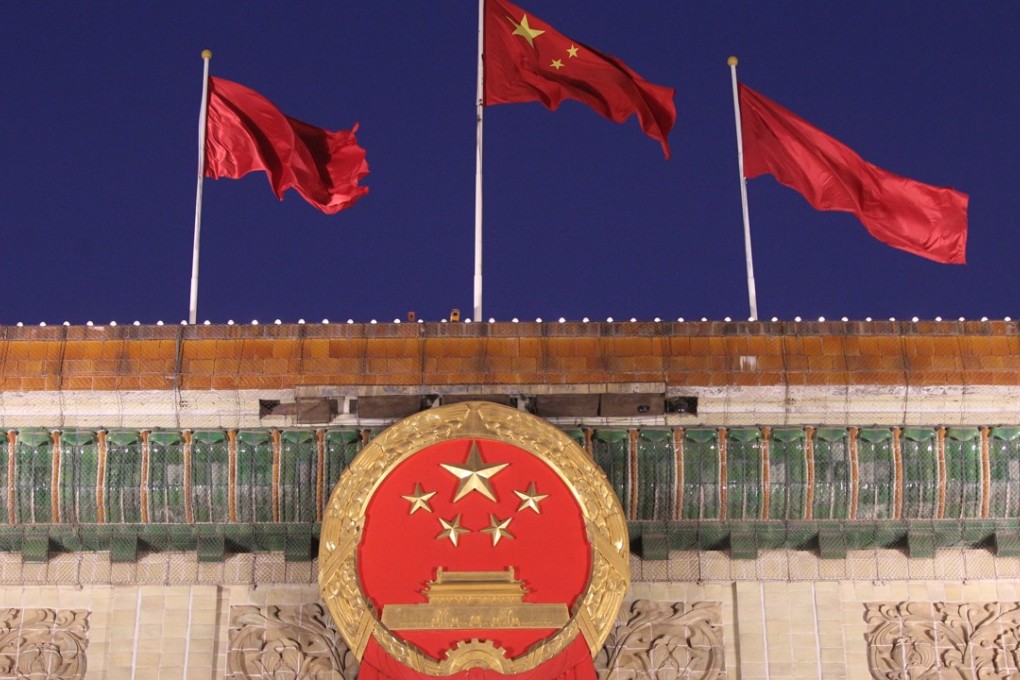A kinder, gentler new anti-corruption system for China?
Officials running pilot programmes say planned detention procedures offer better protection for suspects but critics say the root problem still hasn’t been tackled

Chinese graft-busters road testing a new anti-corruption procedure insisted on Thursday that the system would protect the rights of those under investigation even though they won’t have access to a lawyer.
In his work report to the Communist Party’s national congress on Wednesday, President Xi Jinping said the party was abolishing its much-criticised secret interrogation practice known as shuanggui, and replacing it with a system called liuzhi, or “detention”.
Rights advocates said suspects subject to shuanggui had been tortured and forced into confessions, and they were unlikely to be treated any better under the new one if denied access to legal representation.
But on the sidelines of the congress on Thursday, officials running pilot liuzhi programmes in Zhejiang and Shanxi provinces since March said corruption suspects were now fairly treated.
Under shuanggui, party discipline inspectors have sweeping powers to interrogate suspects.
